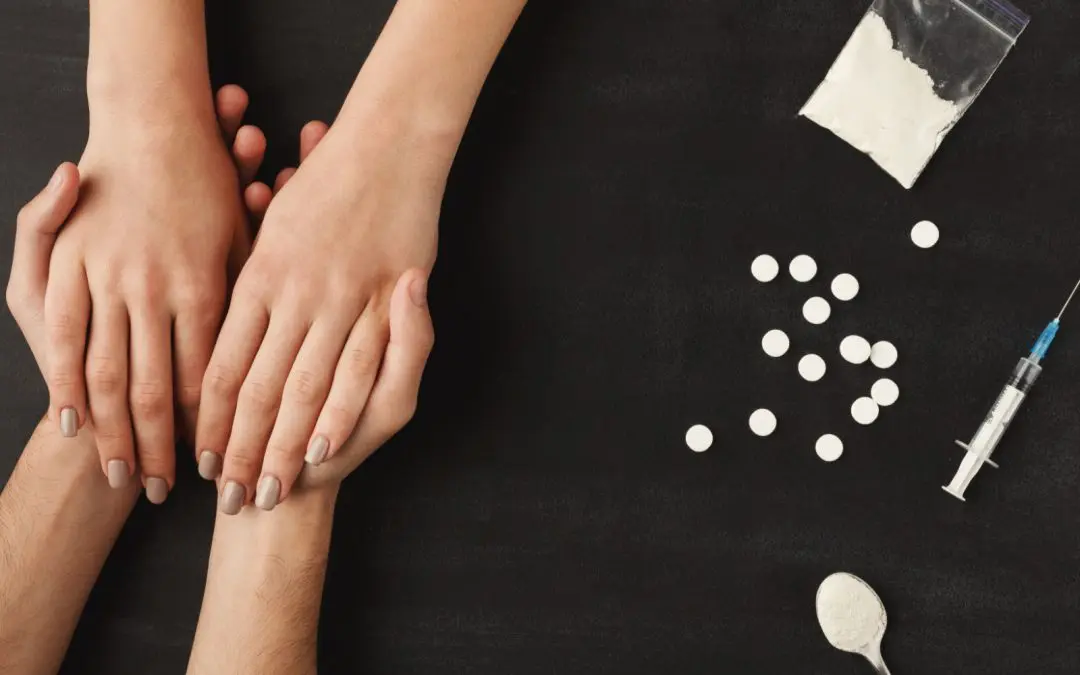24/7 Helpline:
(866) 899-221924/7 Helpline:
(866) 899-2219
Learn more about Partial Hospitalization Program centers in Monroe County

Other Insurance Options

Optima

Sutter

GEHA

Ceridian

BlueCross

State Farm

Choice Care Network

United Health Care

Coventry Health Care

Holman Group

Anthem

MVP Healthcare

Providence

Highmark

Amerigroup

CareFirst

UMR

Magellan

Aetna

PHCS Network

LifeSkills Service Center – Monroe County
LifeSkills Service Center – Monroe County is a private rehab located in Tompkinsville, Kentucky. Lif...








































































































